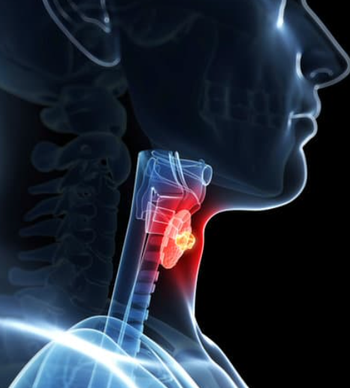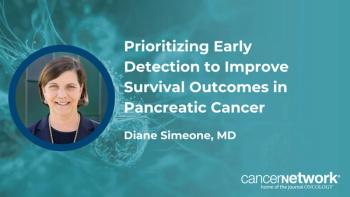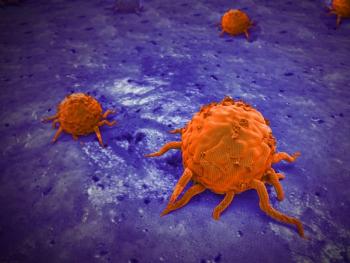
Are Response Rates Predictive of Survival Outcome in HCC?
An analysis found that tumor response as assessed using modified RECIST criteria is an independent predictor of overall survival in hepatocellular carcinoma patients.
An analysis from the phase III REFLECT trial found that tumor response as assessed using modified RECIST criteria (
“Although previous studies demonstrated that objective response by mRECIST is an independent predictor of OS in patients with HCC, additional studies are needed to further validate the predictive value of tumor response,” said Masatoshi Kudo, MD, PhD, of Kindai University Faculty of Medicine in Osaka, Japan. The update from RECIST to mRECIST addressed an inability to accurately predict outcomes in HCC in certain treatment settings. The modified version is based on reduction of viable tumor burden, rather than overall tumor shrinkage.
The REFLECT trial compared lenvatinib and sorafenib in 954 patients with HCC; Kudo presented results of the new post-hoc retrospective analysis from that trial at the American Society of Clinical Oncology (ASCO) 2019 Gastrointestinal Cancers
The median OS in the full study was 13.0 months (13.6 months with lenvatinib, 12.3 months with sorafenib), and lenvatinib was deemed noninferior to sorafenib. The objective response rate was 16.7%, with more responses seen with lenvatinib (24.1%) than with sorafenib (9.2%).
The median OS only among responders in the full trial was 22.4 months, compared with only 11.4 months in nonresponders, for a hazard ratio of 0.61 (95% CI, 0.49–0.76; P < .001). Landmark analyses showed a separation of the survival curves favoring responders at 2, 4, and 6 months.
On multivariate analysis, objective response was one of several factors that were significantly associated with OS; others included macroscopic portal vein invasion, baseline alpha-fetoprotein, and number of tumor sites at baseline.
“Objective response by mRECIST was an independent predictor of OS in patients with HCC regardless of treatment,” Kudo said. The association was consistent with earlier studies. “Therefore, patients who achieve an objective response can potentially expect a longer OS.” He added that additional prospective studies are needed to further validate the correlation.
“I do think that we need to be cautious,” Zhu said. “This is a post-hoc retrospective study…. I do think additional studies are warranted for prospective validation of the finding.”
Newsletter
Stay up to date on recent advances in the multidisciplinary approach to cancer.



















































